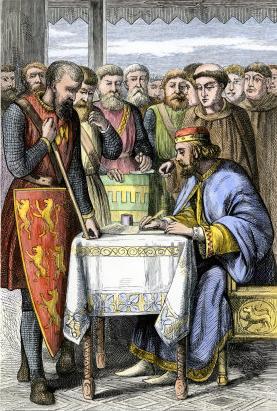The Library Company of Philadelphia Fellowships
The Library Company, founded by Benjamin Franklin in 1731 and located in Center City Philadelphia, holds over half a million rare books and graphics that are capable of supporting research in a variety of fields and disciplines relating to the history of America and the Atlantic world in the 17th, 18th, and 19th centuries. The holdings include the nation’s second largest collection of pre-1801 American imprints and one of the largest collections of 18th-century British books in America. Information about the subject strengths of the collections can be found here
A catalog of rare books and graphics is available here.
The fellowship program began in 1987 and now has more than 700 alumni.
A list of former fellows and their topics is available here, along with a list of publications resulting from their fellowship research.
Fellows share opportunities to participate in the Philadelphia region’s vibrant intellectual life while conducting their research in the print, graphics, and manuscript collections of the Library Company and other local institutions. Fellows have an opportunity to present their research publicly through conferences, seminars, and colloquia. The Library Company’s Cassatt House fellows’ residence offers rooms at reasonable rates, along with a kitchen, common room, and offices with internet access and is available to resident and non-resident fellows at all hours.
Generous support for this fellowship program has been provided by the Andrew W. Mellon Foundation, the National Endowment for the Humanities, the Albert M. Greenfield Foundation, the Barra Foundation, the McLean Contributionship, the William Reese Company, ASECS, and William H. Helfand.
The fellowship program began in 1987 and now has more than 700 alumni.
A list of former fellows and their topics is available here, along with a list of publications resulting from their fellowship research.
Fellows share opportunities to participate in the Philadelphia region’s vibrant intellectual life while conducting their research in the print, graphics, and manuscript collections of the Library Company and other local institutions. Fellows have an opportunity to present their research publicly through conferences, seminars, and colloquia. The Library Company’s Cassatt House fellows’ residence offers rooms at reasonable rates, along with a kitchen, common room, and offices with internet access and is available to resident and non-resident fellows at all hours.
Generous support for this fellowship program has been provided by the Andrew W. Mellon Foundation, the National Endowment for the Humanities, the Albert M. Greenfield Foundation, the Barra Foundation, the McLean Contributionship, the William Reese Company, ASECS, and William H. Helfand.

































